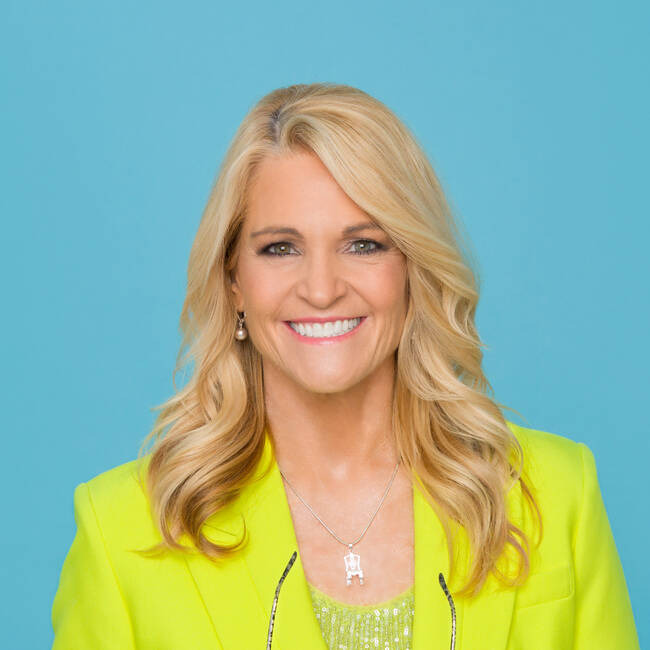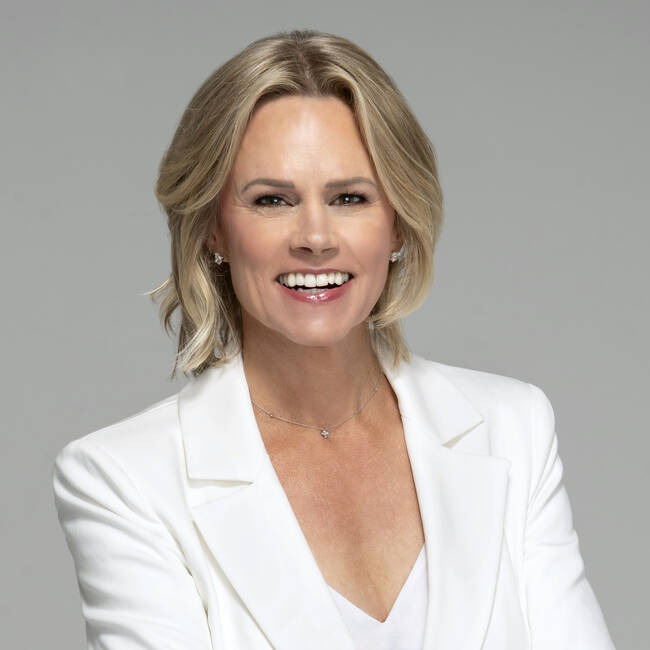"Kimberly was an amazing speaker and what she has accomplished is very impressive. It makes you want to jump up and say, "how can I get involved?"

Kimberly Bryant
Founder The Black Innovation Lab by Ascend Ventures | Black Girls CODE | Author of Ascending
Profile Links
Fee Range
Please contact us for pricingTravels From
San Fransisco, California
Kimberly Bryant
Biography
Kimberly Bryant is a trailblazing tech entrepreneur, investor, and advocate for inclusive innovation. As founder and CEO of The Black Innovation Lab by Ascend Ventures, she’s building the next generation of impact-driven tech leaders, creating wealth and opportunity where it’s needed most. Before launching ASCEND Ventures, Kimberly founded Black Girls CODE, transforming it from a grassroots movement into a global force that introduced over 100,000 girls of color to technology and entrepreneurship. Her groundbreaking work has earned her top honors, including the Jefferson Award for Community Service, recognition as a White House Champion of Change, and the Smithsonian Ingenuity Award for Social Progress. She’s been named to The Root 100, Ebony Power 100, and Business Insider’s 25 Most Influential African Americans in Tech. A sought-after thought leader on tech equity and innovation, Kimberly has spoken at TEDx, SXSW, Platform Summit, Personal Democracy Forum, and more. Her highly expected book, Ascending (Penguin Random House, 2025), explores power, leadership, and resilience as a Black woman in tech. Through innovation, storytelling, and investment, Kimberly is redefining what’s possible—and inviting the world to build with her.
Kimberly Bryant
Featured Videos
Current: Black Girls Code aims to be the 'Girl Scouts of technology'
Kimberly Bryant
Featured Keynote Programs
Time to Come Out of the Box
Description: Kimberly Bryant the founder of social movement Black Girls CODE will share her journey as what she calls an “accidental social entrepreneur” and the lessons learned along the way in shaping a new paradigm for women and girls of color in the technology industry. She will explore how recognizing our innate power to become change agents in our own lives and the lives of others by pushing through traditional boundaries and perceived limitations can help us drive change in our world.
Reclaiming Our Space
Exploring the contributions of people of color in technology past and future
Have you ever heard of James West? How about Mark Dean? Probably not. Without James your phone wouldn’t have it’s microphone. Mark helped to develop the IBM PC, and holds one third of IBM’s original patents. When we talk about the development of technology, it’s rare that we discuss the past contributions from minorities or explore what it means for organizations such as Black Girls Code and other advocates who seek to create a more inclusive innovation space. In this brand new talk, Kimberly Bryant traces the history of how minorities have shaped our technological culture and the importance of amplifying their innovations of the future.
More Topics
More Topics
LEADERSHIP REIMAGINED: EMBRACING CHALLENGES AND FINDING JOY IN NEW BEGINNINGS
THE PARADOX OF POWER: DISMANTLING BARRIERS FOR BLACK WOMEN LEADERS
AI AND THE INFORMATION REVOLUTION: A CALL TO ACTION FOR EQUITY IN EDUCATION
ARTIFICIAL INTELLIGENCE: A REVOLUTION FOR ALL
SOUTHERN RENAISSANCE: CATALYZING BLACK INNOVATION AND ECONOMIC EQUITY
Kimberly Bryant
Featured Reviews
Frequently Asked Questions
How do I book Kimberly Bryant for my event?
- Availability Check: Contact us with your event date and budget to verify if your desired speaker is available.
- Hold Date: We place a temporary "hold" on the speaker's calendar while you finalize internal approval.
- Contracting: We issue a contract outlining the fee, cancellation policy, and event expectations.
- Logistics: Once signed, our event management team handles all travel booking, itinerary, and AV requirements.
Why should I partner with Premiere Speakers Bureau rather than contacting speakers directly?
What makes Premiere Speakers Bureau unique compared to other agencies?
How does Premiere Speakers Bureau's 'Zero Cost Service' model work?
How are speaker fees structured, and what is typically included?
What are the standard policies for speaker travel and expenses?
Kimberly Bryant's Featured & Related Topics
Find Similar Speakers Female Motivational
Popular Speakers

Dr. Jessica Kriegel

Ryan Leak

Daymond John

Dr. Ben Carson

Candy Valentino

Earvin “Magic” Johnson

Valorie Burton











